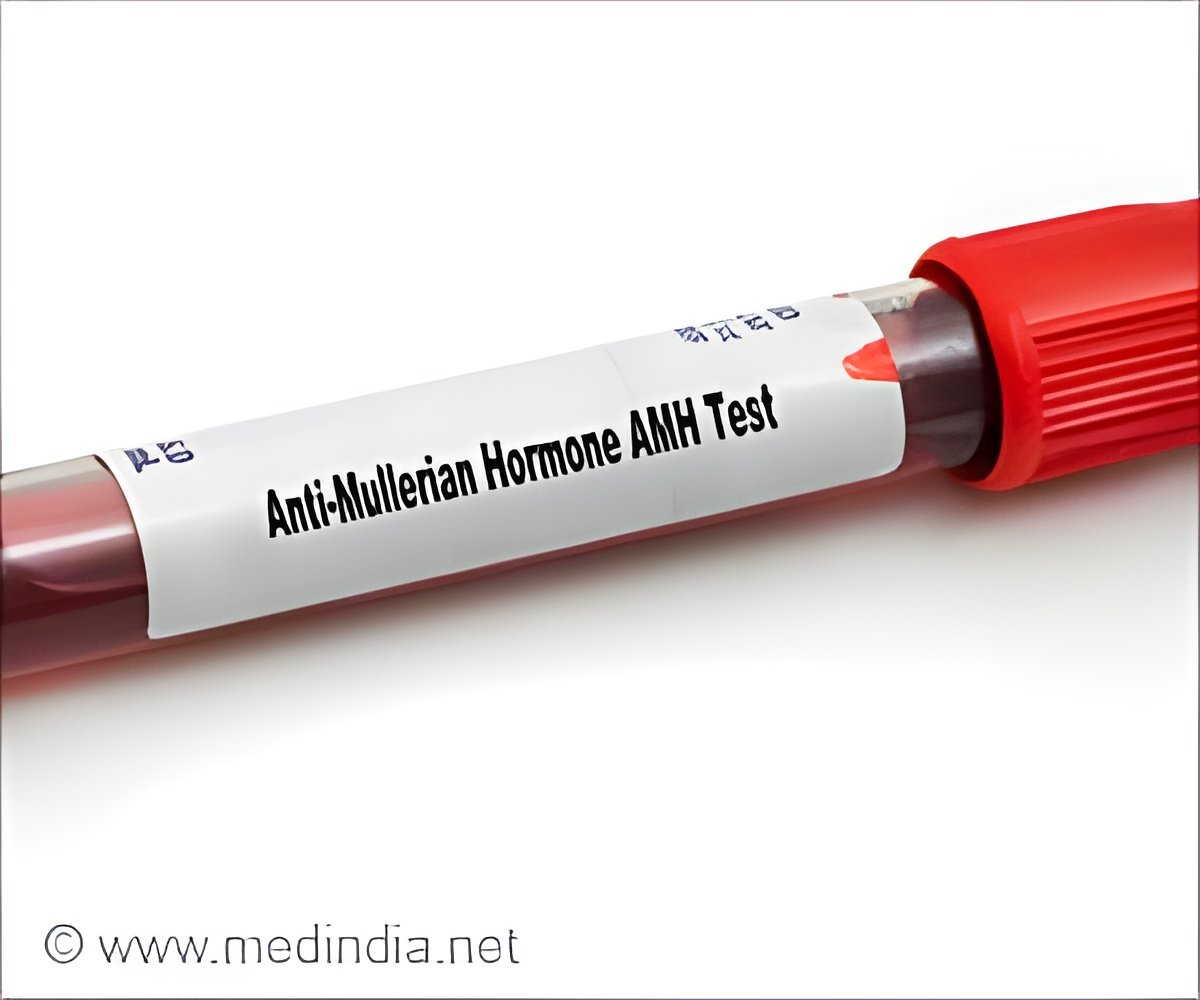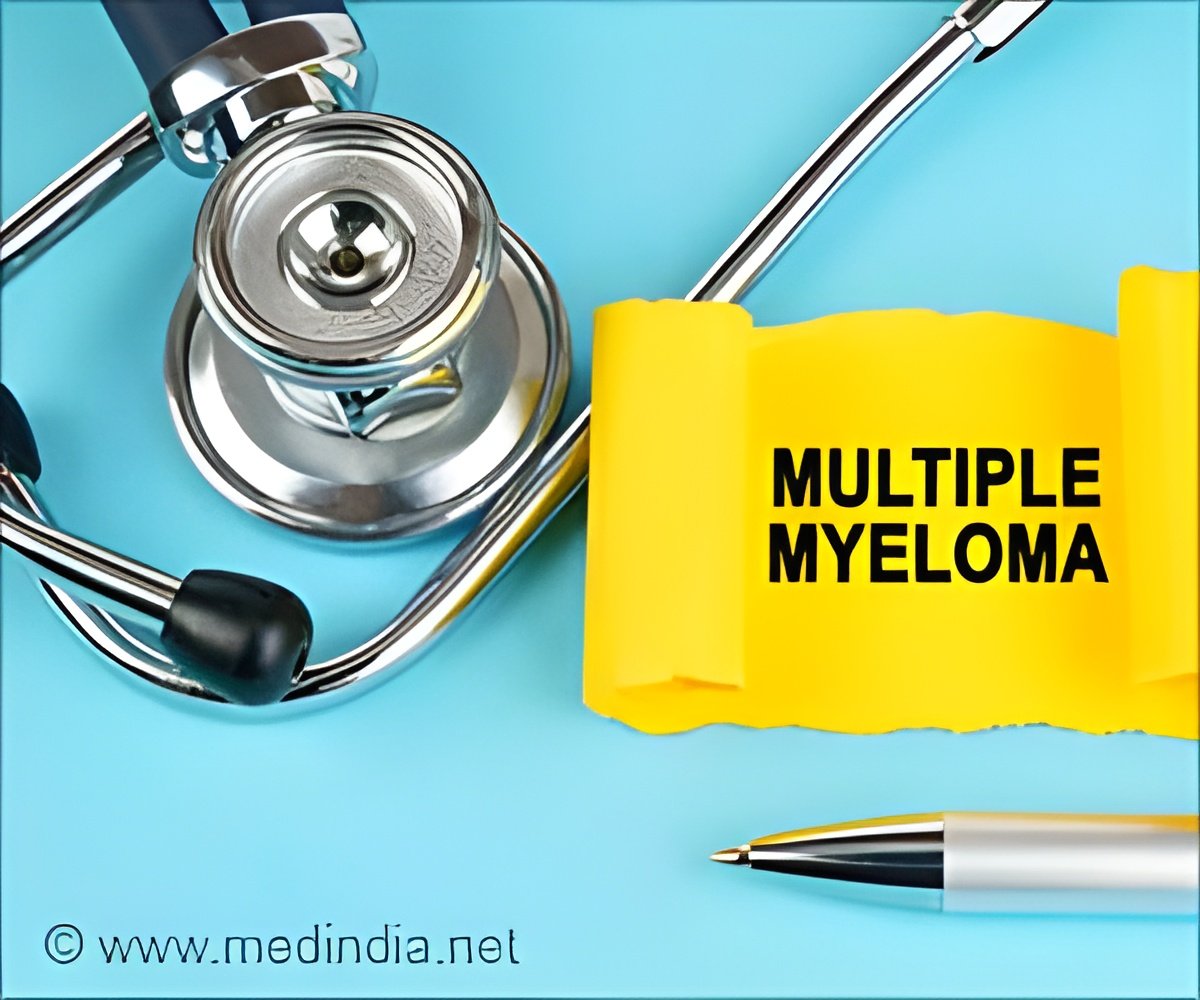“By using the trimeric spike protein of SARS-COV-2 to immunize horses, a cocktail of purified IgG fragments (F(ab’)2) showing very high neutralizing activity was developed.
This might be a useful countermeasure against COVID-19, with an advantage of being an affordable alternative that can be produced in horse serum production facilities available worldwide,” says Professor Leda Castilho, from the Federal University of Rio de Janeiro, who coordinates the laboratory that produces the recombinant spike protein used for horse hyperimmunization.
“The main finding in our study is that the equine hyperimmune globulins antibodies developed against the spike protein of the ancestral SARS-CoV-2 had high neutralizing action against the new variants of the virus, such as the gamma strain.
The polyclonal nature has high potency, which can be modified by using a combination of mutant spike protein from different variants as antigens,” says Professor Jerson L. Silva, from the Federal University of Rio de Janeiro, and coordinator of the study.
As equine antivenom products are commonly produced in both high and low-income countries, the Brazilian strategy could be easily reproduced in any part of the world and could be rapidly tested as a therapy or passive immunization tool for COVID-19.
Previous works on equine hyperimmune sera against SARS-CoV and MERS-CoV had shown positive results for these closely related betacoronaviruses.
Another recent study has shown that the recombinant receptor-binding domain (RBD) of the SARS-CoV-2 S protein could stimulate antibody production in mice and equines.
In this study, scientists used the recombinant trimeric spike (S) glycoprotein to immunize horses for the production of hyperimmune globulins against SARS-CoV-2. The technique combines the advantages of using an antigen that closely resembles its state on the surface of the native virus with the biosafety advantages related to using a recombinant immunogen.
After developing the horse hyperimmune F(ab’)2 concentrate, the group carried out challenge tests in hamsters, injecting the substance into the animals. The researchers evaluated the pretreatment and treatment after SARS-CoV-2 infection.
Horse serum could reduce viral load in pulmonary tissues, and improve the animal clinical conditions, as reflected by weight gain. All intervention schemes protected the animals against weight loss in the acute phase of the disease. Non-treated animals showed an increased weight loss, whereas pre-treatment resulted in no body weight reduction.
The next step of the research is to conduct a phase 1/2 clinical trial in humans. The trial protocol has already been approved by Brazilian national ethics committee, and sterile fill and finish is underway to enable quality control and batch release data to be submitted to the Brazilian regulatory agency ANVISA.
The clinical trial will investigate as outcomes all safety aspects, as well as duration of hospitalization, viral load, and progression to assisted ventilation.
Source: Medindia



